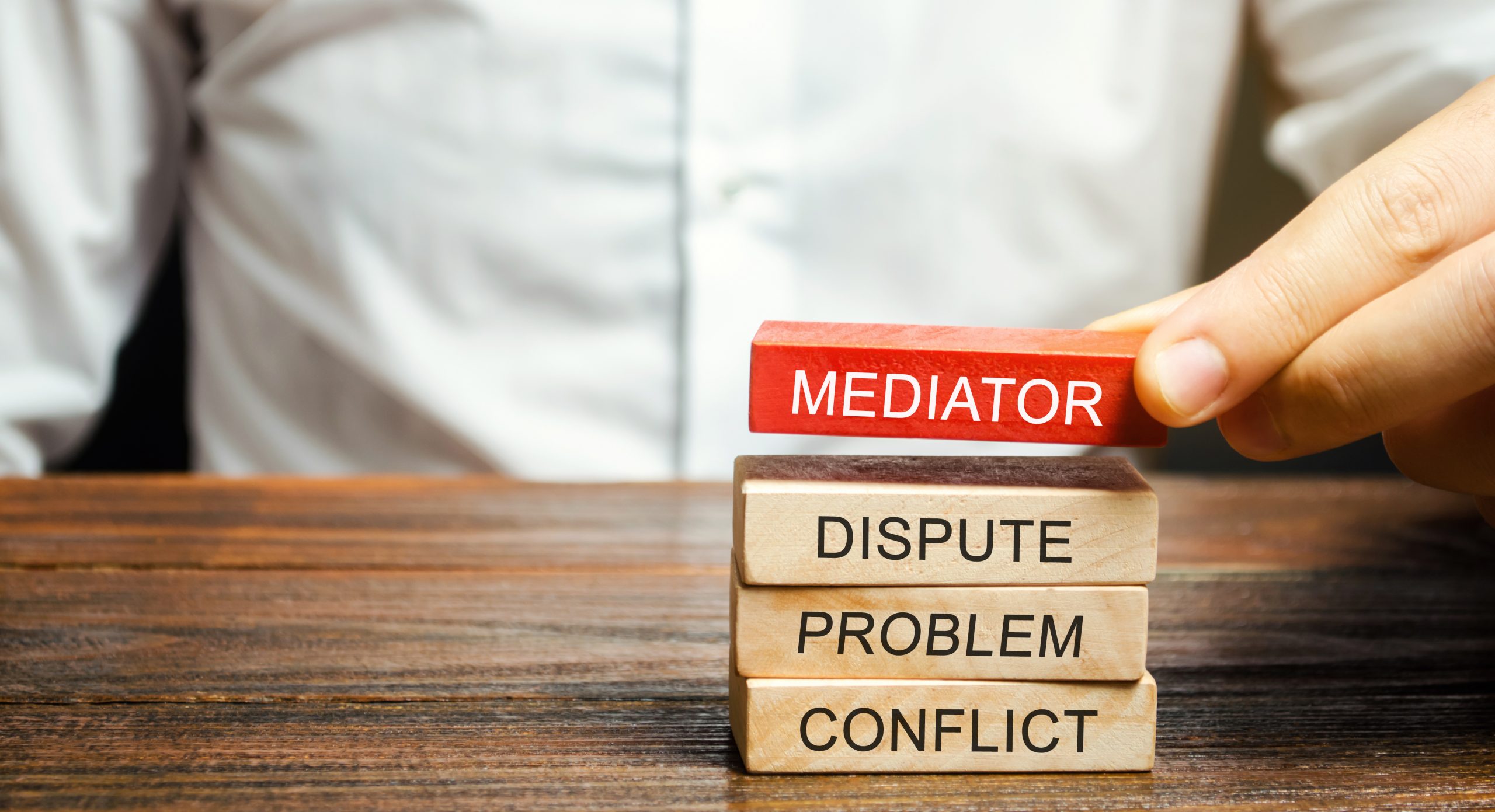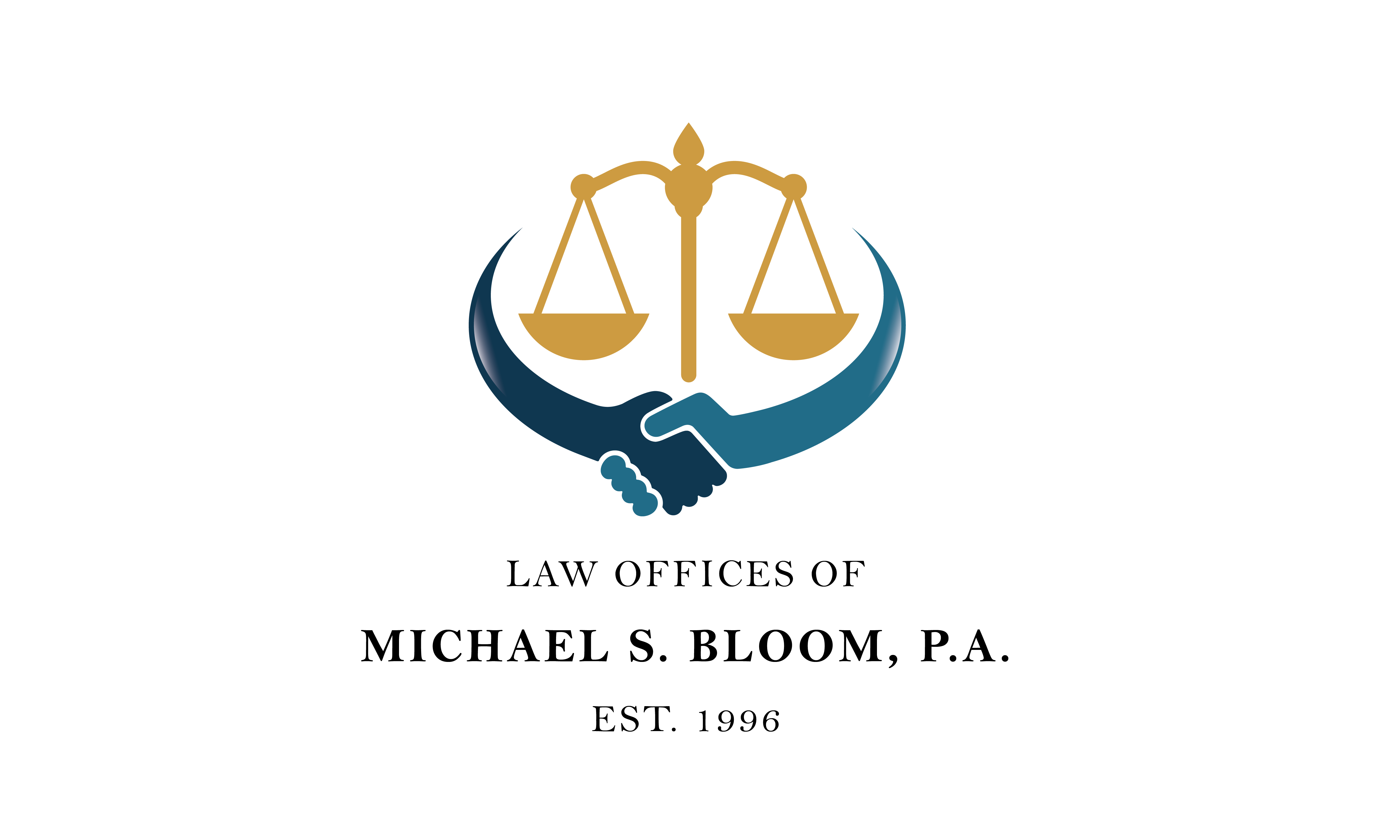What is mediation?
Mediation is a voluntary and consensual process in which a neutral third party (the mediator) assists the parties to resolve their dispute. The mediator will help to encourage and facilitate discussions between the parties in an informal and non-adversarial environment with the objective of helping the parties to reach a mutually acceptable and voluntary agreement. In mediation, decision making authority rests solely with the parties. The mediator may assist the parties in identifying issues, fostering joint problem solving, and exploring settlement alternatives but will not be acting in a role as either an attorney or judge.

What is arbitration?
Arbitration involves presentation of the facts of the case to an arbitrator who makes a decision based on the facts and the applicable law. Arbitration may be binding or non-binding on the parties. In this role, while the arbitrator maintains neutrality throughout the process, his or her role is that of a decision maker. The arbitrator employs his legal knowledge and experience to render a decision to the parties which is then submitted to the court or other governing authority.
Is mediation confidential?
The simple answer is “yes”. What is said in mediation stays in mediation. However, there are limited exceptions such as cases of threats of violence, certain criminal conduct, and other mandatory reporting obligations. In these cases, mediation communications may be disclosed as required or permitted by law.
Is mediation expensive?
Mediation is a cost effective alternative to the legal process. The mediator is paid on an hourly basis which is generally divided equally between the parties although other arrangements may be made upon agreement of the parties.
What types of cases can be mediated?
Any dispute has the possibility of being settled through mediation.
Why should I mediate my dispute?
While parties often feel that they have talked to each other or tried to resolve a dispute, real break throughs often happen when parties sit down at mediation with a trained neutral facilitator such as a mediator. Mediators are trained to facilitate discussion, help the parties generate ideas, and empower themselves to reach a resolution.
Simply put, disputes should be mediated because it is cost effective, efficient and the process allows for everyone involved to come to a mutually acceptable resolution instead of leaving the decision to a judge or jury.
Where does mediation take place?
Mediation can be conducted at any mutually convenient location.
As a Florida Supreme Court certified mediator in the fields of Circuit Court, Appellate Court, Family Court, Dependency Court and County Court, and as a qualified arbitrator, Michael Bloom is available to assist you with all of your mediation and arbitration needs throughout the State of Florida.

